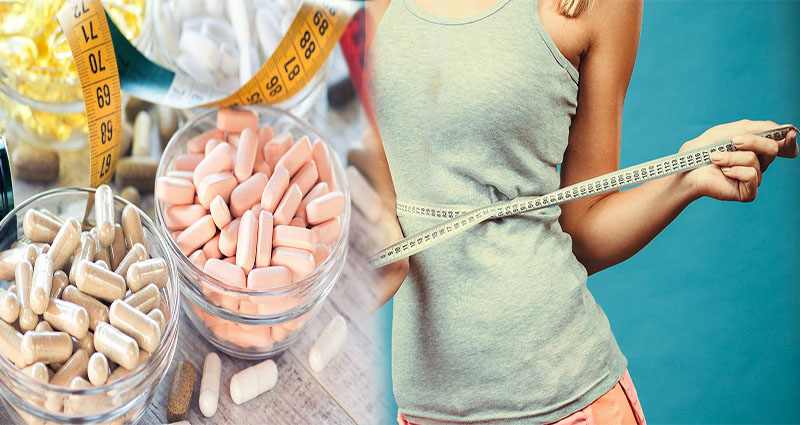Vitamins for weight loss for females are important to help you lose the pounds you want. Some of the vitamins that you may wish to consider taking include iron, folic acid, omega-3 fatty acids, and vitamin D.
Vitamin D
If you are overweight and want to reduce your waistline, then you should consider taking vitamin D for weight loss. It has been shown to improve muscle health, reduce inflammation, and increase calcium absorption. However, taking too much can cause negative effects. You should only do so under the guidance of a physician.
A recent study, published in the July 2019 issue of Medicina, suggested vitamin D supplements may have some benefits. According to the researchers, it is possible to increase your vitamin D levels by taking a high-dose supplement. But the exact dose needed varies depending on your body size and dietary intake.
The study analyzed the effect of vitamin D supplementation on overweight women’s body weight and lipid profiles. Participants in the intervention group took 50,000 IU of vitamin D per week. They also had their C-reactive protein, insulin, triglycerides, and other biochemical markers tested.
Vitamin D supplementation was not associated with significant changes in the BMI and the glycemic index. Nevertheless, a small decrease in the WC was observed.
Iron
Iron is an essential mineral for healthy cells, hair and nails. It also helps to improve mental performance. When iron levels are low, it can cause lethargy, fatigue and brittle nails.
The amount of iron required by your body is dependent on a number of factors, including your age, diet, physical activity, pregnancy and sex. A good way to measure your iron levels is with a simple blood test. If you have an iron deficiency, your doctor may recommend a higher dose of iron, such as 150-200 mg of elemental iron per day.
Iron supplements come in a variety of forms. You can purchase supplements in pill, liquid and spray form. Some of these are fortified with vitamin C, which can increase iron absorption.
For optimal absorption, iron supplements should be taken on an empty stomach. This is especially true if you have a heavy period. However, it is a good idea to check with your healthcare provider or pharmacist before taking any supplements.
Omega-3 fatty acids
Omega-3 fatty acids are important to humans’ health, as they have been shown to have beneficial effects on the lipid profile of the body. They may also help reduce inflammation and oxidative stress.
The American Heart Association recommends that people eat fish twice a week. Fish contain omega-3 fatty acids, which can reduce the risk of cardiovascular disease.
However, there is still a lot of debate about their benefits.
There are three main dietary sources of omega-3 fatty acids: cold-water fish, flaxseed oil, and pumpkin seeds. Some plants are also rich in these fats.
Several studies have looked at the role of omega-3 fatty acids in asthma. Most found that they did not affect asthma symptoms. But, one study did show that they reduced the amount of symptoms compared to placebo.
Studies have also shown that omega-3 fatty acids can help reduce the risk of breast cancer. More research is needed to fully understand the role of these nutrients in breast cancer.
Other vitamins that may help with weight loss
There are many ways that a woman can use vitamins to support her weight loss efforts. When considering the best vitamins to help her, you may want to look at the ones that can supply her with calcium and vitamin B6. These two nutrients can give her the energy she needs to get more things done. You can also choose to take a vitamin D3, which can be found in most foods. This vitamin is naturally produced by the body, but you can supplement it if you’re not getting enough.
In addition to supplements, you can create a weight loss plan that includes a calorie deficit, which forces your body to burn off its fat. However, you will need to take into account the amount of energy you are using during exercise and daily activities. If you are unable to eat as much as you need, you will have to make adjustments to your diet and physical activity.









